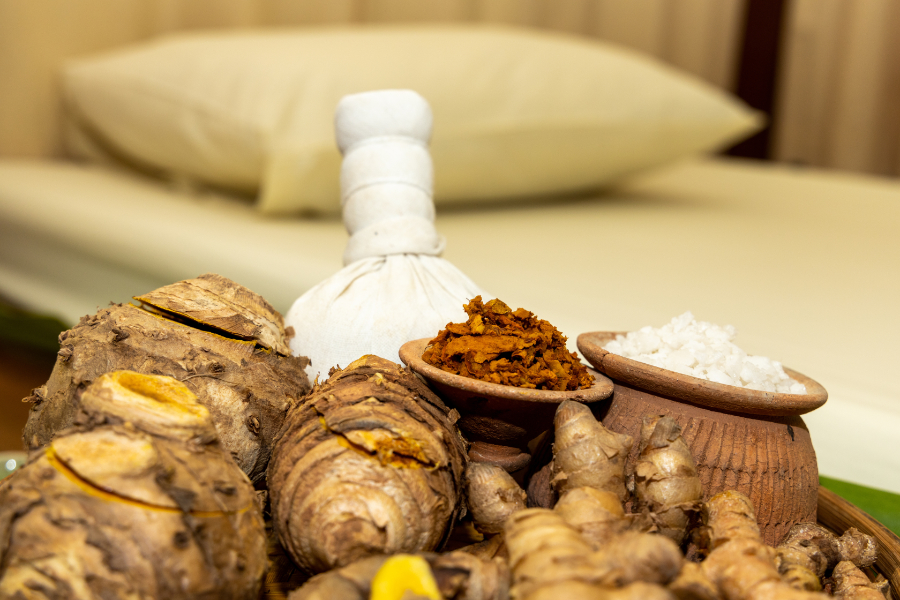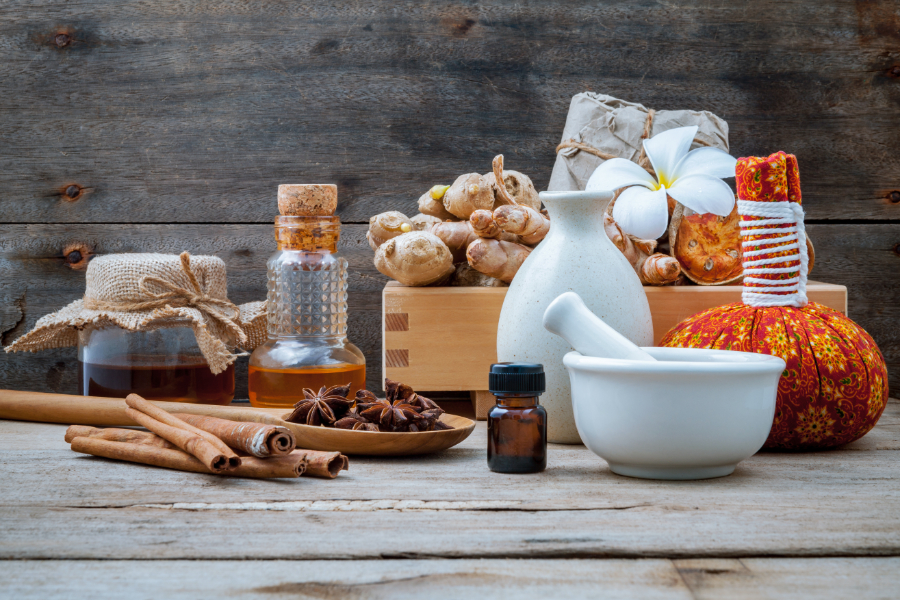
In recent years, herbal therapy has gained popularity due to the increasing interest in alternative medicine. Herbal supplements tend to be more affordable and accessible compared to pharmaceuticals. However, it is important to be careful where you source your herbal products, as they are not subject to the same rigorous testing as modern medications.
Herbal therapy uses plants and plant-based supplements to promote wellness and is often used to aid with various conditions. While herbal therapy can be beneficial on its own, its benefits can be enhanced when combined with other therapies.
Join me as we explore what herbal therapy is and what other therapies complement it to provide a holistic approach to health and wellness.
What is Herbal Therapy
Herbal therapy, also known as herbal medicine, is a holistic approach to health and wellness that uses plants’ natural and beneficial properties. Using herbs, flowers, roots, and bark, it is used to address specific conditions. Herbs have been used for centuries for their therapeutic effects and are some of human history’s oldest forms of medicine. Herbal supplements can be prepared as consumables, creams, or powders. Much like modern medicine, herbal supplements can be consumed orally or used topically, such as in creams and balms. The benefits of some herbs can be felt by simply smelling them. Herbs can work synergistically with the body to aid natural healing processes.
The herbs used in herbal therapy can be unique and exotic, like ginkgo biloba and st. John’s wort, or are herbs commonly found in a kitchen and used for cooking, garlic, and rosemary. Plants like aloe vera and lavender have beneficial properties. The goal of herbal therapy is to find the root cause of your ailment to restore balance and alleviate symptoms.
Acupuncture
Herbal therapy can be combined with acupuncture. Acupuncture is an ancient Chinese practice involving the insertion of needles as thin as hair into specific points on the body. Herbal therapy can be used to provide a stronger intervention targeting organs, systems, or conditions. When combining the two practices, you create an all-natural holistic approach to healing. Each is uniquely made for every individual health concern.
Massage Therapy
Massage therapy can help by manipulating the body’s soft tissues to help ease pain and reduce stress. When getting a massage, herbal oils and balms can be included in massage therapy sessions. This creates a massage therapy that is enriched with aromatherapy. It can then greatly enhance the relaxation from the massage therapy session. As well as relieving muscle tension and promoting healing. Aromatherapy may help improve overall mental and physical wellness.
Chiropractic Care
Herbal therapy can help support chiropractic treatments. Chiropractic care focuses on spinal alignment and nervous system health. When combined with herbal therapy, it can help address underlying inflammation. This can make adjustments and manipulation of the joints easier for the chiropractor. This, in turn, can make patients feel more at ease and less pain going into a session. Much like with massages, a chiropractor can use balms or ointments made from herbal supplements on the skin’s surface to help alleviate tension and relax the muscles. It can also be used as aromatherapy which may help accelerate healing and relaxation.
Take the Next Step In Improving Your Health by Contacting SOHMA Integrative Medicine
Our goal is to help you improve your health. You can contact us and ask about the Myers Cocktail, IV Therapy, Chiropractic care, or how our other health service lines can help you with your journey to improved health.
Located in Long Beach, CA, we help individuals from the surrounding cities.
We look forward to helping you take the next step in your journey to better health.



